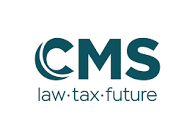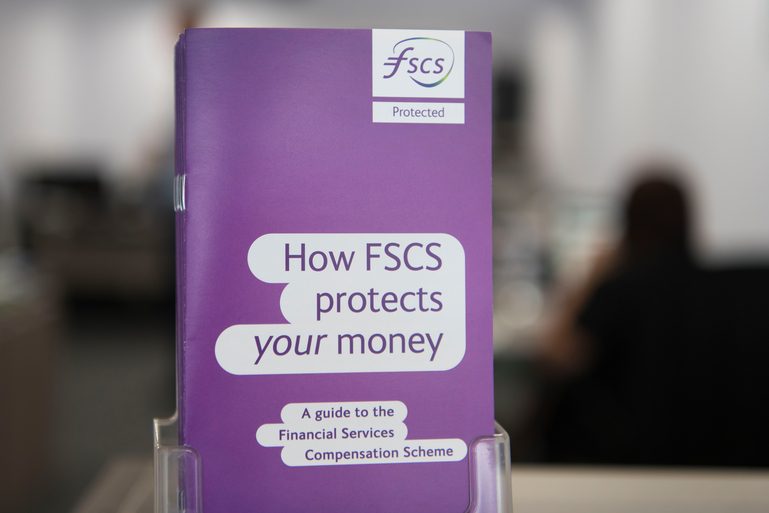On June 8, 2023, the UK Government confirmed that the financial promotion regime should apply to cryptoassets from October 8, 2023. As part of implementing this new regime the FCA also published:
- its rules on financial promotions of cryptoassets; and
- a guidance consultation on cryptoasset financial promotions.
The new requirements, rules and guidance are expected to come into force on October 8, 2023 and will apply to all firms marketing cryptoassets to UK consumers, whether based in the UK or overseas. As mentioned in our previous articles (see below), the FCA’s view on what constitutes a financial promotion is broad and can include websites accessible to UK consumers and social media targeted at UK consumers, irrespective of whether it is operated by a UK or overseas firm.
The new rules
The FCA has confirmed that it will proceed with implementing rules and guidance which is largely in line with the proposals set out in:
- the initial FCA consultation relating to the financial promotion regime published in January 2022. See article summarising this consultation; and
- the subsequent policy statement relating to the financial promotion regime which was published in August 2022. See article summarising this consultation paper.
What has changed?
The FCA is making several targeted changes to its final rules from those that were set out in the earlier FCA publications, which we’ve summarized below.
- The risk warning and risk summary wording relating to consumer protections will set out that consumers should not expect to be protected by the Financial Services Compensation Scheme or the Financial Ombudsman Service if something goes wrong with their cryptoasset investments.
- The shareholder benefit exemption that applies to other investment products (eg shares) will not apply to financial promotions of cryptoassets.
- The “direct offer” financial promotion (DOFP) rules set out by the FCA relate to promotions which include a manner of response or include a form by which any response may be made (ie, a mechanism by which consumers can respond in order to invest their money). They should not limit the information firms can otherwise provide about a cryptoasset.
- The 24-hour cooling-off period starts from when the consumer requests to view the DOFP. Firms can proceed with other parts of the consumer journey, such as know your customer /anti-money laundering checks, client categorization and the appropriateness assessment, while the cooling-off period ‘applies’. If these other processes take more than 24 hours to complete, firms will not need to introduce an additional pause in the consumer journey.
- Consumers will be required to state their income and/or net assets to confirm that they can fall within the high-net-worth category to have access to DOFPs of cryptoassets. Customers will be able to provide these figures to the nearest £10,000/£100,000 ($12,600/$126,000) respectively. The category of self-certified sophisticated investor will also not apply to DOFPs of cryptoassets.
- Consumers must wait at least 24 hours before undertaking the appropriateness test again from their second assessment onward.
- Record keeping requirements for financial promotions of cryptoassets will be limited to client categorisation and the appropriateness assessment.
- An alternative format for the date and time stamp for approved financial promotions will be permitted where it is not possible to include these due to the space available in the financial promotion being limited.
- The consumer duty will apply to financial promotions of cryptoassets that are issued or approved by FCA authorized firms (it will not apply to firms that fall within an exemption from the financial promotion regime).
What does the consultation cover?
This cryptoasset guidance consultation seeks feedback on proposals for guidance on how the FCA approaches, and how firms comply with, the FCA requirement that cryptoasset financial promotions must be fair, clear and not misleading.
Whilst the draft guidance is relevant to all cryptoasset financial promotions, it has a particular focus on cryptoassets and related models/arrangements that can claim to be stable and financial promotions for complex yield models such as cryptoasset borrowing, lending and staking models/ arrangements. The cryptoasset guidance consultation covers and seeks feedback on the following points:
- Context of the cryptoasset financial promotion regime – this section summarizes the key features of the financial promotion regime, the type of cryptoassets within scope of this regime and the applicable FCA rules.
- Ensuring that cryptoasset financial promotions are fair, clear and not misleading for:
- all cryptoasset financial promotions – this section confirms that firms should apply the FCA rule that all cryptoasset financial promotions must be fair, clear, and not misleading in a way which is appropriate and proportionate. When assessing whether a financial promotion is fair, clear and not misleading firms should consider both the substance and presentation of the promotion. A firm may also need to consider other factors such as (but not limited to) clarity and comprehension of the promotion, omission of relevant information and accuracy of information.
- cryptoassets that claim a form of stability or which claim their value is linked to a fiat currency – for these types of cryptoassets, otherwise known as stablecoins, the FCA expects firms who communicate or approve a financial promotion to conduct due diligence to ensure that claims regarding stability or links to a fiat currency are capable of being fair, clear and not misleading. The FCA also expects firms to be able to demonstrate that claims of stability or links to a fiat currency are genuine.
- cryptoassets that claim to be backed by a commodity or an asset – the FCA expect firms that communicate or approve a financial promotion to have sufficient evidence to ensure that any claim of commodity or asset backing is capable of being fair, clear, and not misleading. The FCA expects firms to clearly set out what particular model/arrangement the cryptoasset uses. Sufficient clarity and prominence of various points will need to be made on matters such as proof of ownership of the underlying commodity/asset, evidence of the custodian (if any) and any further reasonably foreseeable dependencies that may significantly impact the value or volatility of the underlying asset.
- complex yield cryptoasset models or arrangements eg borrowing, lending and staking – this section confirms that financial promotions of complex yield models or arrangements must set out with sufficient clarity and prominence various points including clear evidence of how the advertized rates of return can be achieved, clear and prominent disclosure of any fees, default rates, commissions, or other charges, and clear and prominent disclosure of the legal and beneficial ownership of a consumer’s cryptoassets once they enter into an arrangement. The FCA reminds firms that some of these cryptoasset and associated models/ arrangements may be collective investment schemes and subject to existing regulation.
- Financial promotions on social media – this section reminds firms that the financial promotion regime is technology neutral and applies to financial promotions made on social media platforms.
- Due diligence before a financial promotion is communicated – this section confirms that anyone who communicates a financial promotion for a cryptoasset should have sufficient evidence, and carry out due diligence, on the substance of a promotion and underlying cryptoasset before communicating a financial promotion in order to accurately disclose risks to consumers in way that is fair, clear and not misleading.
- Disclosing legal and beneficial ownership of cryptoassets – the FCA reminds firms that they should clearly and prominently disclose ‘who’ owns the legal and beneficial rights to the cryptoasset before and during the course of the agreement.
- Disclosing a firm’s regulated status – the FCA reminds firms that they should clearly and prominently disclose their regulated status to consumers. In particular, firms registered under the MLRs should not suggest or imply that they are authorized by the FCA or that their MLRs status is equivalent to being authorized. Firms should not suggest or imply that their underlying cryptoasset activities or the cryptoassets themselves are regulated by the FCA.
Timelines
As mentioned above, the new rules are expected to come into force on October 8, 2023.
The FCA is welcoming feedback on the cryptoasset guidance consultation until August 10, 2023 and will publish its final guidance once the consultation closes. It is likely that this will also come into force on October 8, 2023.
Next steps
The proposed changes will have a significant impact on firms operating in the cryptoasset sector, including firms authorized, registered or operating from a place of business outside of the UK (and not within scope of the currently UK regulatory regimes for cryptoassets).
Firms should consider the new rules and draft guidance and ensure that they are aware of the implications on their business along with preparing an implementation strategy.
Key contacts in the Financial Services Regulatory practice at CMS London: Sam Robinson, partner; Chris Glennie, partner; Susann Altkemper of counsel; and Yasmin Johal, associate.

















